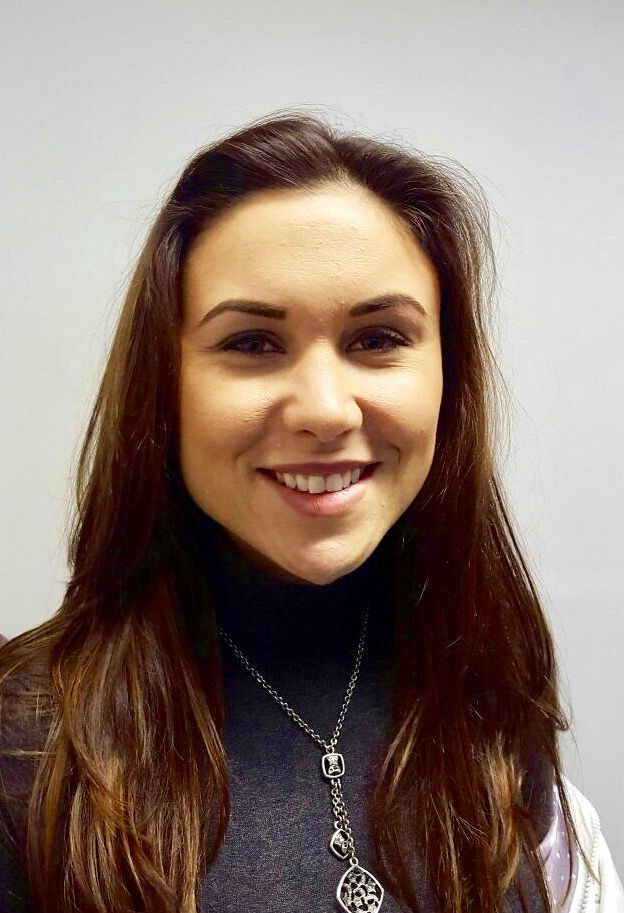First NEC Research Meeting
- NEC UK

- May 17, 2022
- 3 min read
At the end of March a new NEC collaborative research group met for the first time.
About 80 individuals, a mix of neonatologists, surgeons, nurses, dieticians, researchers, methodologists and parents joined the meeting either in person or online. The focus of the meeting was to discuss research into treatment of babies who have or have had NEC. The group identified that treatment of babies with NEC is an important but under-researched area. Whilst there has been lots of attention on preventing NEC (and this continues clearly to be important) the focus of this initiative was research into treatment of NEC or for babies who have had NEC.
We kicked off with an overview of current outcomes of babies who develop NEC followed by a passionate and moving presentation by Maz from NEC-UK. Together these reminded us of the importance of doing research that aims to improve outcomes for NEC babies and inspired us to pursue and succeed in this imitative. The meeting then comprised talks from individuals with experience in this field and presentations from many people on a wide range of different opportunities for NEC treatment research.
We heard about work that is being led by the NEC Society in North America that aims to generate some research priorities for NEC and about an initiative being led from the Netherlands to develop a Core Outcome Set for NEC research. Researchers shared with us why it is important to be able to define NEC accurately when doing research, possibilities for using routinely available data for research purposes, and challenges around doing trials involving babies with NEC, particularly when surgery is involved.
Encouragingly there were many proposals put forwards for research interventions that aim to improve outcomes in these babies. We heard about interest in comparing different durations of antibiotic treatment and ‘nil-by-mouth’ times for babies with NEC as well as the concept of repurposing existing medication to try to reduce the degree of inflammation when babies develop with NEC. We also discussed several ‘novel’ interventions that may benefit babies with NEC. These include remote ischaemic conditioning, therapeutic hypothermia and the use of amniotic stem cell microvesicles. All these are quite early phase interventions which will need to be carefully considered before they can be used in human babies but it is encouraging to know that there may be beneficial interventions in the pipeline.
Finally we discussed the importance of collecting high quality data on babies with NEC so that we can use this to understand if we can predict NEC earlier, if we can predict the need for surgery earlier, and perhaps predict babies at risk of developing long term poor outcomes. This is a rapidly expanding area. Collecting and storing large amounts of data is challenging but likely to be important if we are able to take advantage of new technologies such as machine learning and artificial intelligence in helping us in our quest.
The next stage will be for a small group to develop some of these concepts further and ultimately apply for funding that allows some of these research project to be put into action. It is really important that we continue to involve parents and families with experience of NEC in all of this so that we can ensure the research is kept relevant and acceptable.

Nigel J Hall MRCPCH FRCS PhD
Associate Professor of Paediatric Surgery | University of Southampton
Consultant Paediatric and Neonatal Surgeon | Southampton Children's Hospital
You can join our movement by following us on Twitter, Facebook, Instagram, subscribing to our email list, and making a donation. You can also read more stories from families impacted by NEC on our Family Stories page. #preventNEC #necuk #becuasetinybowelsmatter #necawareness #necuknewsletter #necresearchmeeting


Comments